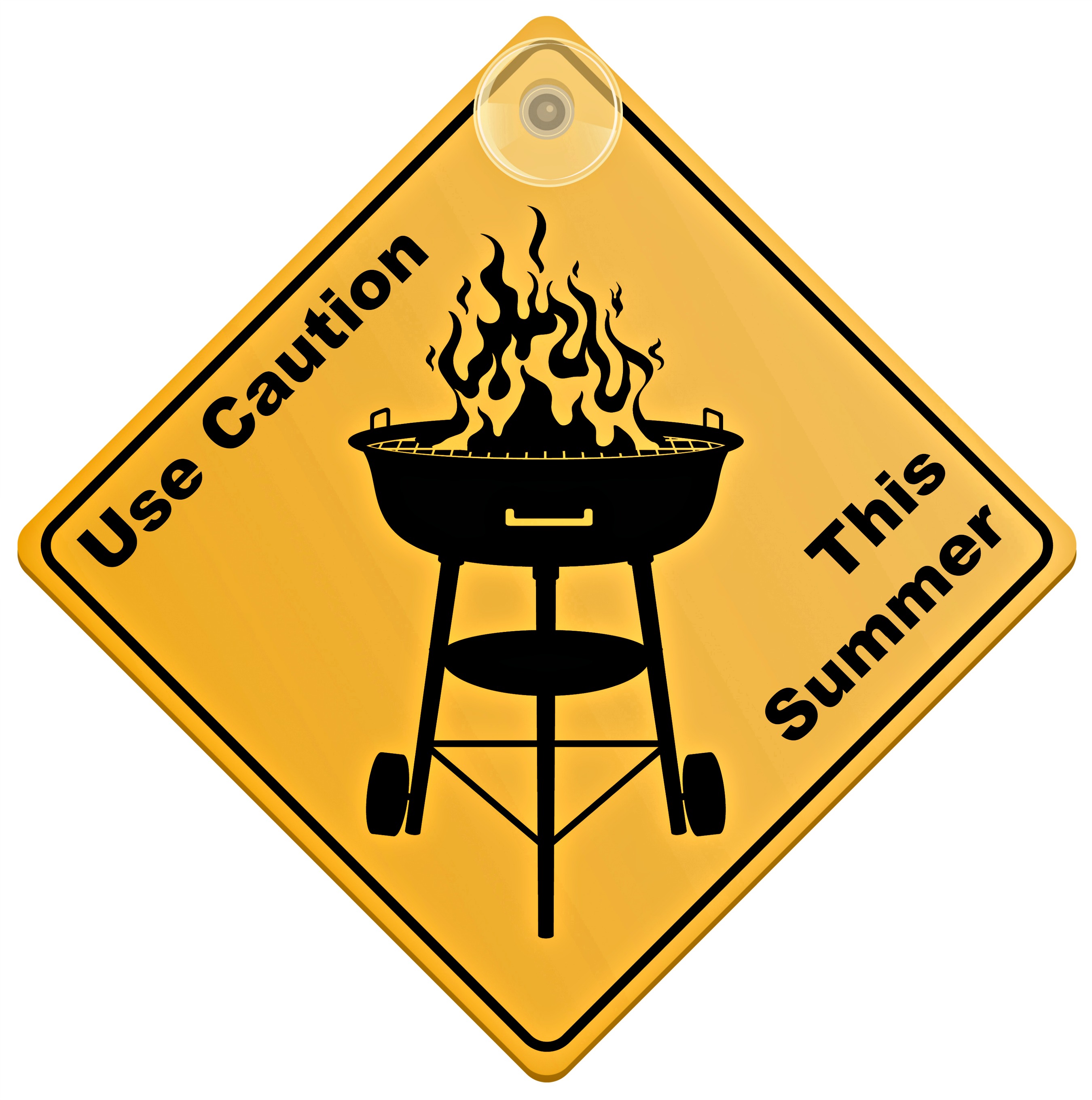 NFPA urges grillers to be mindful of safety
NFPA urges grillers to be mindful of safety
As Memorial Day weekend approaches, home chefs everywhere are reaching for their grills, eager to usher in the long-awaited barbecue season. The National Fire Protection Association (NFPA) recommends that grillers pay particular attention to safety in the spring and summer months when home fires involving grilling incidents occur most often.
Three out of five households own a gas grill, according to NFPA’s latest “Home Grill Fires” report, which translates to a lot of tasty meals. But it also means there’s an increased risk of home fires.
In 2009 – 2013, an annual average of 8,900 home fires involved grills, hibachis or barbecues, and close to half of all injuries involving grills were due to thermal burns. While nearly half of the people who grill do so year-round, July is the peak month for grilling fires followed by May, June and August.
Grilling video (Caption: NFPA provides grilling fire safety tips to consumers)
Although gas grills contribute to a higher number of home fires overall than their charcoal counterparts, NFPA reminds everyone that all types of grills pose a risk for fires and burn injuries. More than one-quarter (27 percent) of home structure grill fires started on an exterior balcony or open porch, and another 27 percent started in a courtyard, terrace or patio. Eight percent began in the kitchen, according to the report.
“As friends and families prepare for a fun grilling season together, be sure the grill is working properly and review safety tips,” said Lorraine Carli, vice president of Outreach and Advocacy for NFPA. “Failing to properly clean the grill or having the grill too close to something that could burn are the leading causes of fires. It’s good practice to check for damage before using the grill for the first time each year, and to check the entire grill regularly.”
Cleaning video (Caption: NFPA offers tips for checking damage to propane tank hoses before using.)
When grilling, NFPA suggests the following:
- Propane and charcoal BBQ grills should only be used outdoors.
- The grill should be placed well away from the home, deck railings and out from under eaves and overhanging branches.
- Keep children and pets at least three feet away from the grill area.
- Keep your grill clean by removing grease or fat buildup from the grates and in the trays below.
- Never leave your grill unattended.
For additional information and resources including tips for outdoor cooking with portable grills, visitwww.nfpa.org/grilling or downl

